Foreign retail giants who failed to take off in Australia
They came, they saw, they failed. Zara, H&M and Uniqlo may have struck gold but not every foreign retailer has done as well.
Victoria
Don't miss out on the headlines from Victoria. Followed categories will be added to My News.
They came, they saw, they failed.
Australia has lured a growing number of international retailers to our shores in recent years but it has not been smooth sailing for every foreign interloper.
While Zara, H&M and Uniqlo have found a receptive audience — and put local players, including Myer and David Jones, under massive pressure — an impressive collection of foreign corporate shipwrecks now litter the nation’s corporate seabed.
Here are five of the biggest foreign retail fails in Australia and what went wrong.
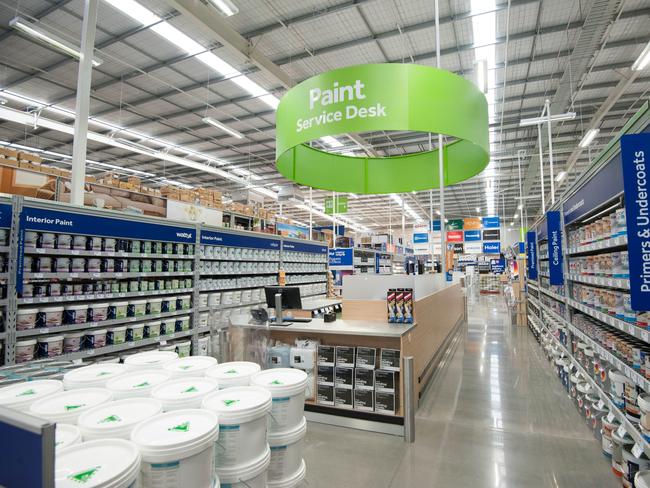
MASTERS
They took on Bunnings and lost, badly.
The failure of the Masters hardware chain remains the nation’s biggest retail disaster.
The chain, which spanned 63 cavernous stores, was a joint venture between US hardware giant Lowes and the nation’s biggest supermarket chain Woolworths.
The duo tipped more than $3bn into the venture, opening the first store in Braybrook in Melbourne’s west in late 2011.
But the hardware challenger racked up an eye-watering $600m in losses before Woolworths finally called time in 2016.
So what went wrong?
Masters started from behind, entering a hardware market already dominated by Bunnings.
It struggled to secure the best sites – Bunnings had already snapped them up – and opened too many stores too fast, pushing ahead with a model that clearly wasn’t resonating with the public.
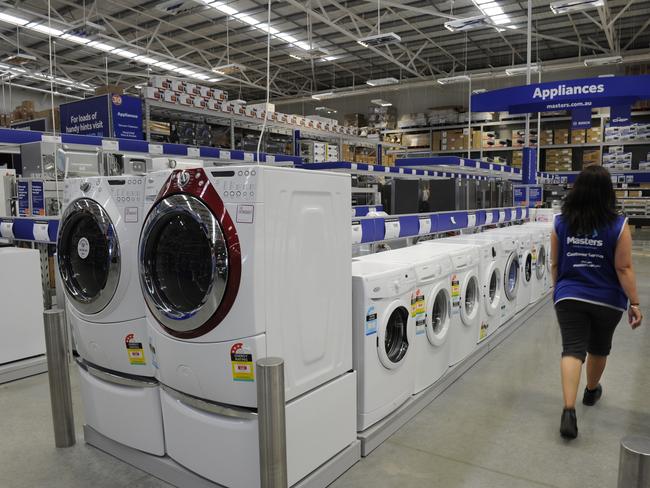
The stores were also huge — the average Masters sprawled over 13,500sq m against 8000sq m for the average Bunnings — which is a lot of real estate to pay for when customers are scarce.
The stock selection was also weird, at least for Australians.
Masters went about selling fridges, washing machines and vacuum cleaners — something Aussie shoppers were not used to buying in a hardware store — over more basic hardware, garden care and power tools.
The chain positioned itself as more female friendly but in doing so failed to tap the tradie market while Lowes has faced criticism it used Masters as a dumping ground for unwanted stock.
Memo to corporate America — nobody in Queensland needs a snow shovel.
Queensland University of Technology retail expert Gary Mortimer said Master’s never gave Aussies a clear enough reason to end their love affair with Bunnings.
“Ultimately, shoppers were satisfied with the existing offer, Bunnings, so why shift?,” he said.
“Price image was also a challenge — Master’s simply couldn’t respond to Bunnings ‘Low Prices Are Just The Beginning’ slogan.”
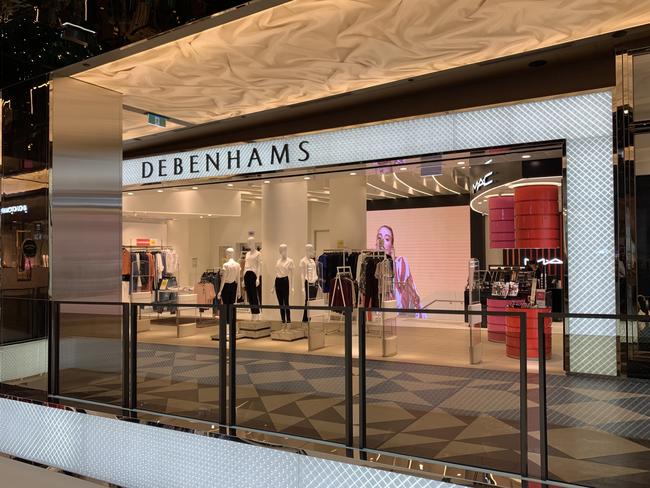
DEBENHAMS
It opened with Queen’s Guards marching down Collins St.
It ended with a fire sale and a still empty basement in one of the nation’s most exclusive shopping strips.
Debenhams, a 240-year-old UK department store chain, at one stage planned to open up to 10 stores across Australia, selling a curated range of fashion, beauty and homewares.
It opened its first in the plush St Collins Lane shopping strip in Melbourne’s CBD in October 2017 but never expanded beyond that.
The arrival of Debenhams had left local retail observers scratching their heads – department stores are one of the most pressured retail categories and local players Myer and David Jones have been shutting stores and giving up space.
The location of the first Debenhams store also didn’t help – a basement location may have worked for a destination retailer, but many would argue department stores no longer fall into that category.
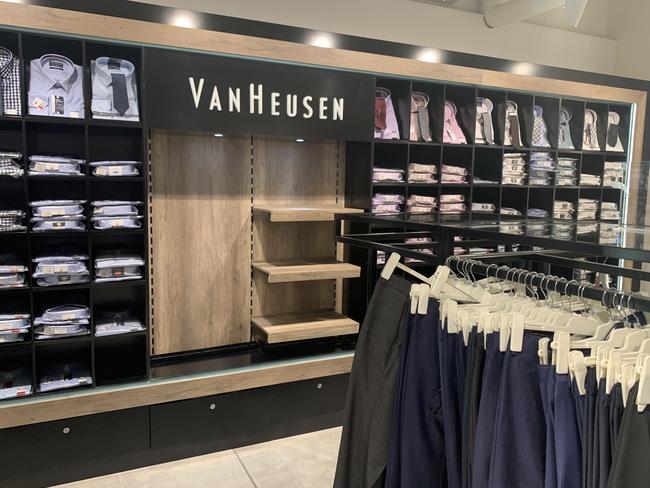
Debenhams also touched down as fast fashion giants ramped up their rollouts — luring away customers with affordable, on-trend fashion — and the shift of online gathered pace with the arrival of Amazon.
“Timing is everything,” Mortimer said.
“When Debenhams launched in 2017, the department store sector was already in a state of flux. Global fast-fashion retailers were pulling foot traffic and revenue. And then the goliath of online marketplaces, Amazon, arrived on our shores. There was no way Debenhams would be able to scale the business.”
Today Debenhams survives in its homeland as an online-retailer only – in a sign of the times owned and traded by UK fast fashion retailer BooHoo Group.
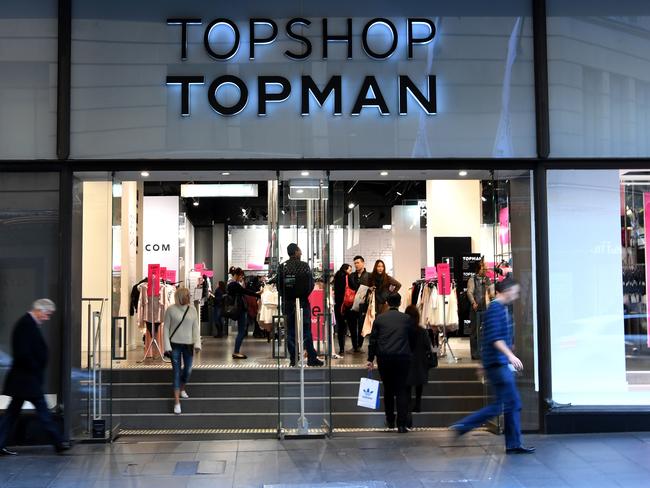
TOPSHOP
Using Australia as a dumping ground for out-of-season stock from the northern hemisphere is a viable business plan, right?
Topshop was one of the hottest fast-fashion brands in the world when it arrived down under ready to trade on its cool Kate Moss-backed, Cool Britannia credentials.
The British retailer opened its first store at the Jam Factory on Chapel St in South Yarra in late 2011 and quickly expanded its footprint to nine stores and 17 concession outlets in Myer.
By mid-2017 it had entered administration although its final store in Sydney survived until Covid hit in 2020.
Fast-fashion is all about being on trend at the right price and Topshop simply never delivered.
The UK chain filled its local stores with stock that had failed to sell in the northern hemisphere and was no longer in demand here.
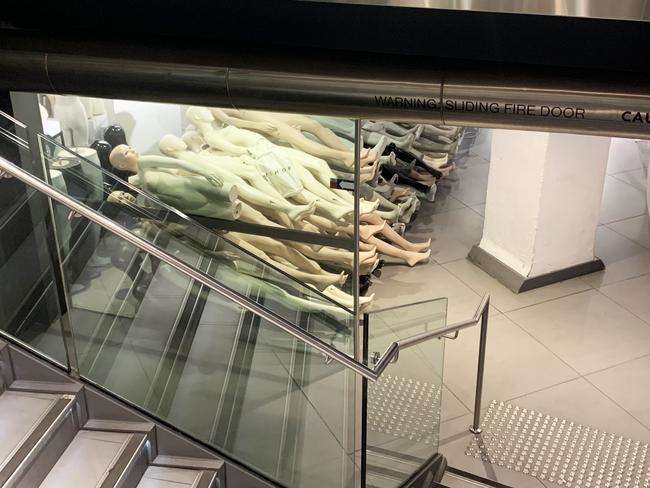
Customers complained supply was patchy with common sizes in sought out items such as jeans frequently missing.
High franchise fees charged by Topshop UK to its local backer, Australian retail veteran and Rebel co-founder Hilton Seskin, meant local prices were more than they should have been.
The chain was slow to roll out an online offer and its local Facebook page was littered with complaints about even slower delivery times.
Wrong product at the wrong time at the wrong price point — Topshop down under was only ever going to be a retail disaster.
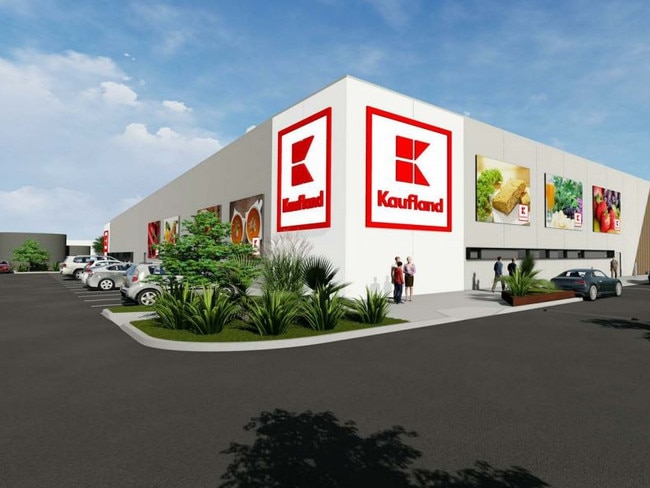
KAUFLAND
It ran up the white flag before firing a single shot in the nation’s supermarket wars.
German “hypermarket” giant Kaufland threatened to shake up Coles and Woolworths in an all out assault on the nation’s $100b grocery sector.
Backed by the Schwarz Group – the fourth largest retailer in the world which also owns Aldi rival Lidl – the challenger certainly appeared to have the financial muscle to do so.
Kaufland, described as a cross between Aldi and Costco, outlined plans to enter Australia in 2017.
It splashed out $500m snapping up 20 prime store sites in Victoria, New South Wales, South Australia and Queensland and started building a massive distribution centre in Melbourne’s northern suburbs.
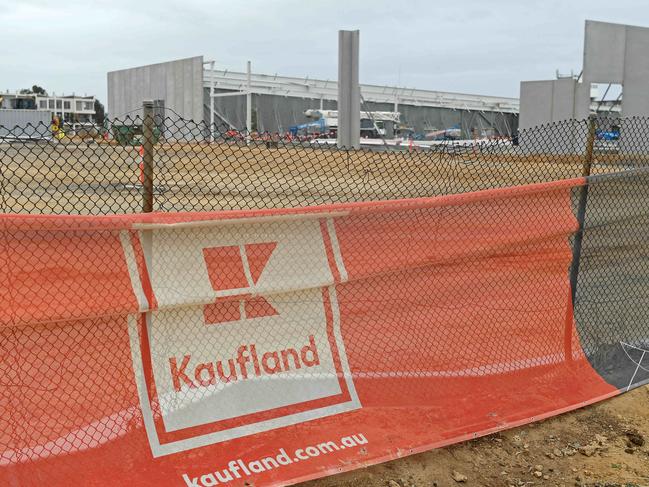
But it shocked the retail sector — and sent champagne corks popping in the boardrooms of Woolworths and Coles — when in early 2020 it announced it was pulling out of Australia without opening a single store.
Local retail veterans point to arguably higher than expected start-up costs, problems in securing fresh food supplies and the time needed to build the scale needed to make a dent in the local market.
But ultimately it seems trouble on the home front ended the Australian dream.
Schwarz’s revenue was coming under pressure in Europe while a much larger expansion by Lidl in the US — launched at the same time as Kaufland’s Australian experiment — was running into deep trouble.
All of which meant an adventure down under was viewed by the top brass in Germany as an unnecessary distraction from the main game in Europe and America.
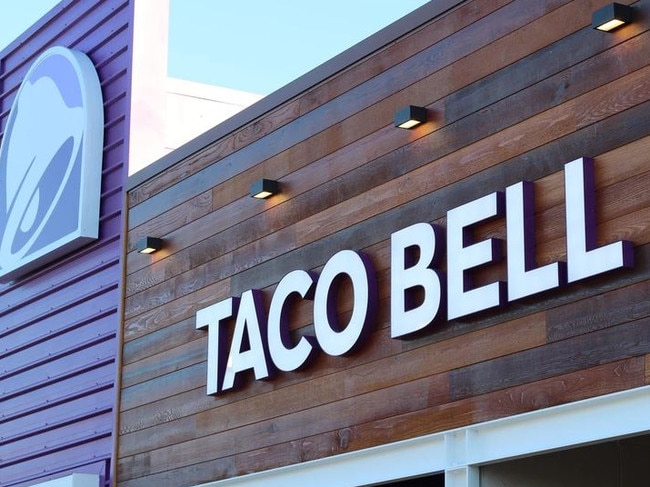
TACO BELL
If at first you don’t succeed. Aussies love a never give up attitude so congratulations to Taco Bell, which finally appears to be winning over the nation.
It’s only taken three attempts.
The US fast food chain first tried to find a home here in 1981 but pulled out after it was ordered to drop its famous name after a Sydney restaurant, Taco Bell’s Casa, successfully argued consumers would confuse the two businesses.
It returned in 1997, opening a store in Sydney’s CBD, but never really gained traction and once again withdrew from the nation in 2005, shutting all of its by then four stores in the process.
The Tex-Mex chain was founded in California in 1954 and is now owned by US fast food conglomerate Yum Brands.
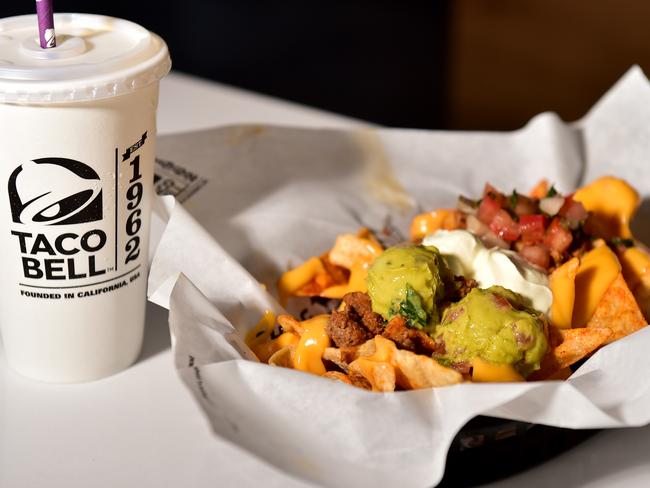
The Australian license for Taco Bell is owned by Collins Foods, which also operates KFC here.
Collins returned the brand to Australia in 2017, opening a store in Brisbane as it looked to cash-in on a changing national appetite which had embraced chains such as Guzman y Gomez and Mad Mex.
There are now 17 Taco Bells operating around the nation with plans to open another 12 by the middle of 2022.
The brand threw off $28m in sales for the year to May 2021 and posted a $6.6m loss although Collins managing director Drew O’Malley says there is a clear path to spicy profits.
“We think there’s a massive market opportunity for Taco Bell when you look at the expansion of the Mexican category in Australia,” Mr O’Malley told investors earlier this year.
Third time seems to be a charm.





